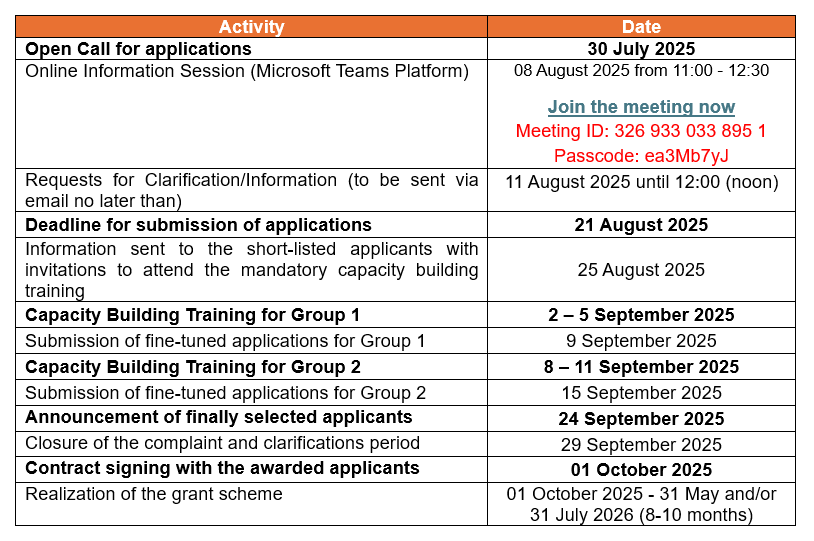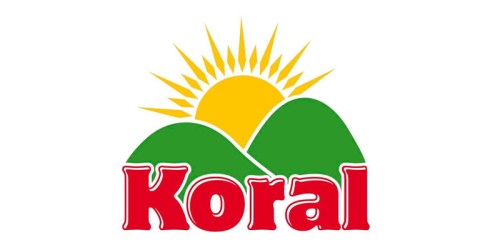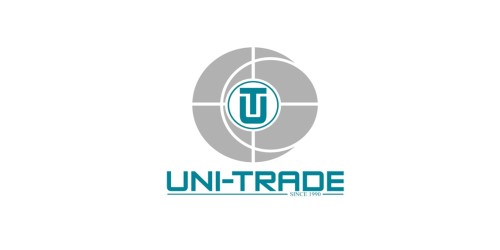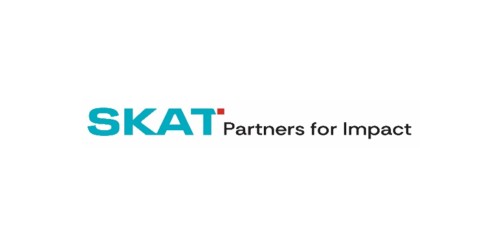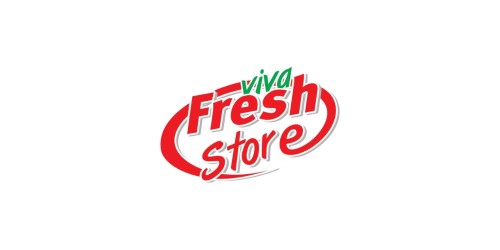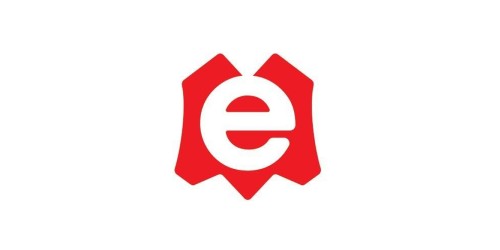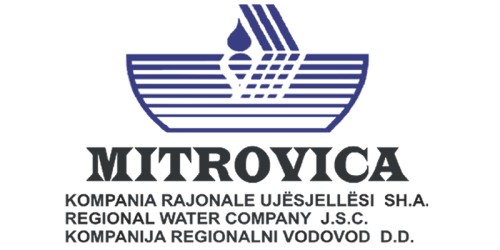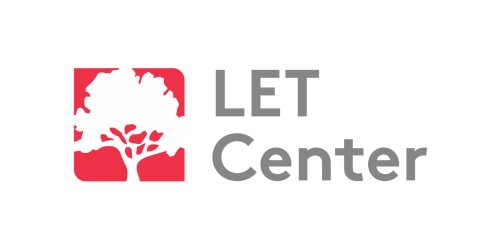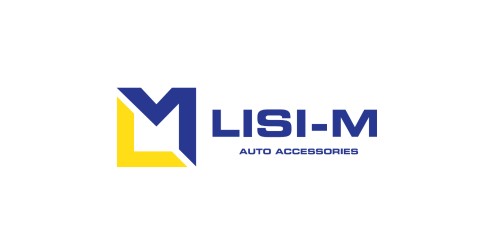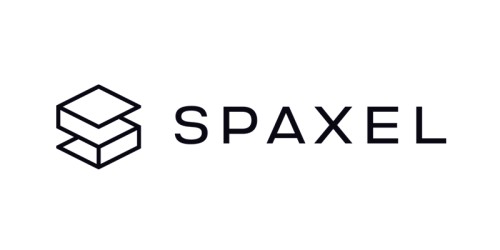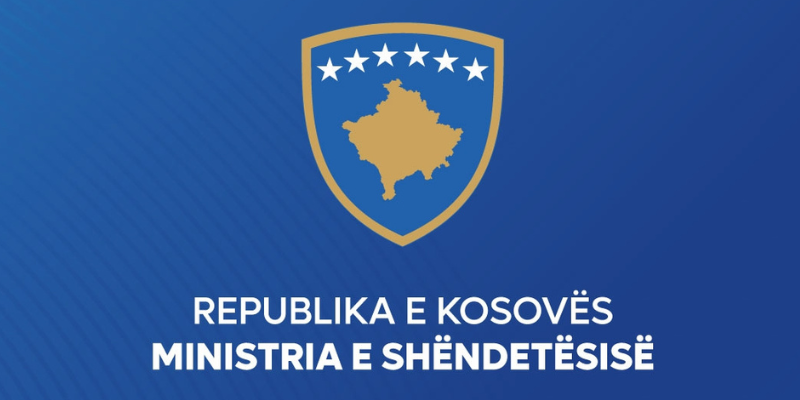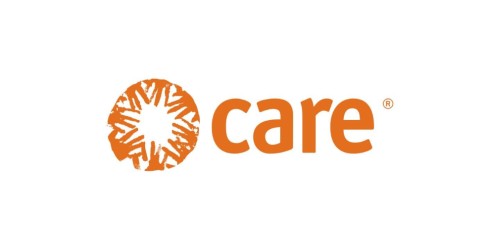

CARE Deutschland e.V. Office in Kosovo within the Green Horizons - Youth and community led green transition initiative in Western Kosovo project
announces:
Open Call for Applications
Financial Support to Local CSOs’ Small-Scale Climate-Smart Economic Initiatives
Opening date: 30 July 2025
Application deadline: 21 August 2025
Introduction
CARE Deutschland e.V. Office in Kosovo (in further text: CARE), within its project “Green Horizons - Youth and Community Led Green Transition Initiative in Western Kosovo” (in further text: the Project), co-funded by the European Union - EuropeAid/179419/DD/ACT/XK EU Civil Society Facility and Media Programme for Kosovo – 2023 Lot 2: Local governance, development and activism, Contract no. 2024/461-252 is launching this Open Call for Applications for Financial Support to Local CSO’s.
Project background:
The Project, which started on 1st January 2025 and has a duration of 28 months, is implemented by CARE and two local partner organizations: Emancipimi Civil Ma Ndryshe (EC Ma Ndryshe) from Prizren and Syri i Vizionit (SiV) from Peja/Peć. The Project is implemented in municipalities of Gjakova/Đakovica, Mitrovica (North and South), Peja/Peć, and Prizren.
The overall objective of the project is to strengthen the resilience and role of youth and civil society of Kosovo in advancing participatory democracy, local development and social inclusion processes. This contributes to strengthening the resilience, role and capacities of civil society and media in advancing participatory democracy and social progress along with the EU integration and approximation agenda in Kosovo. Specifically, the action aims to support gender just, youth and community led local development processes focused on circular economy and green transition in Prizren, Peja/Peć, Gjakovë/Đakovica, and Mitrovica (North and South).
The Project aims to tackle youth and civil society actors (with emphasis on women) and engage them in environmental protection, circular economy and green transition programming and activism, through building their capacities and raising their awareness on environmental preservation and effective strategies and through cooperating with local policymakers to increasingly priorities green transition in local development. The project additionally aims to amplify the voices of youth and women in decision-making processes, to support a sustainable transformation in the local policy landscape, enhancing resilience and fostering participatory democracy in Kosovo.
Target groups of the project: The main project target groups are young people aged 14-25, local and national public servants and civil society actors (local CSOs’ representatives).
Project Outputs:
- Output 1 encompasses participatory research, focusing on identifying key environmental challenges, stakeholders, and the inclusivity of green transition policies and local processes, particularly in relation to women and youth.
- Output 2 focuses on capacity-building activities around the circular economy and green transition, aiming to foster environmental resilience and social activation among youth and CSOs. This aims to enhance CSOs' organisational capacity, enabling them to execute innovative projects contributing to environmental sustainability and economic resilience. Success hinges on CSOs' commitment to participate in green transition efforts, active engagement, and a stable economic environment supporting the viability of the FSTP. This output will also support the development of green skills and entrepreneurial mindsets by integrating training modules on green innovation, eco-business development, and community-based sustainability projects.
- Output 3 focuses on fostering collaboration with cultural institutions, supporting local youth activism and volunteerism, and encouraging regional exchange to build social cohesion and a sense of shared responsibility for environmental and sustainable development issues.
- Output 4 focuses on ensuring the participation of youth, women and other marginalized groups in decision-making related to green transition. The project aims to engage youth and civil activists in structured advocacy, including training and round table discussions on local environmental protection and inclusive policy-making processes.
Guidelines for Applicants
1. General Conditions of the Call for Applications
This call for applications is announced for the sub-granting of funds in frame of the Green Horizons project. All activities and expenditures funded through this call must strictly follow the relevant European Union rules, regulations, and financial management requirements. Adhering to these standards is essential to ensure transparency, accountability and alignment with EU policies throughout the implementation of sub-granted projects.
This call aims to provide technical and financial support to locally operating grassroots civil society organizations (CSOs) with youth-focused programming, including youth-led and women-led CSOs that are engaged in climate, environmental protection and green transition.
The sub-granted project proposals are expected to achieve the following results:
- Increased awareness among young women and men aged 15 - 29 around climate and environmental issues and their enhanced participation in local environmental protection decision-making processes.
- Mobilized community members and decision-makers to support and participate in climate and environmental initiatives.
- Increased economic opportunities for youth in the green sector through enhanced green skills development and strengthened linkages with local green businesses.
1.1 Number of sub-grants to be distributed
The project will support eight (8) applicants – CSOs oriented towards youth programming (including women led CSOs).
1.2 Geographical Coverage
The project will support grassroots CSOs officially registered and operating in the following municipalities: Prizren, Peja/Peć, Gjakovë/Đakovica and Mitrovica (North and South). The applicants are encouraged to involve participants from more rural areas of the targeted regions in their activities. The Project will strive to achieve a proportional allocation of sub-grants to each target municipality; however, the distribution of financial support will depend upon the quality of the applications received.
1.3 Duration of Projects
The CSOs are invited to submit applications for the planned duration of 8-10 months. Implementation is scheduled to begin on October 1, 2025, and all activities must be completed by 31 May and/ or July 31, 2026.
2. Eligibility
2.1 Eligible Applicants are CSOs, officially registered in the project target municipalities Prizren, Peja/Peć, Gjakove/Đakovica and Mitrovica (North and South), with a minimum of one year of registration, operating in the targeted area; developing and implementing youth programming; and demonstrating interest and commitment to environmental issues, even if they have no prior experience in such activities. Youth-led and women-led CSOs will be favored.
2.2 Ineligible Applicants
- Business (for profit) entities
- Public official bodies and institutions
- Non-formal groups/individuals
3. Thematic Areas & Type of Activities to be Supported
Projects should demonstrate how selected themes and activities contribute to one or more of the expected results, such as increased youth awareness, improved participation in decision-making, or enhanced green employment opportunities.
Thematic areas:
- Urban gardening, community agriculture, food systems
- Waste management and recycling
- Renewable energy and energy-efficiency upgrades
- Eco-friendly products using sustainable, recycled, or locally available materials supporting both the environment and local green economies.
- Green infrastructure and nature-based solutions
- Green skills development
- Protecting biodiversity can go hand in hand with nature-based solutions, like restoring green spaces or planting native trees.
- Sustainable eco-tourism/rural tourism
Type of Activities to be considered, but not limited:
1. Training in Green Skills for Youth
- Technical workshops and vocational training in green transition topics
- Certification courses in green economy sector areas like waste management, urban greening, or eco-tourism
- Circular economy (recycling, reuse, repair)
- Green tech (climate apps, smart cities)
2. Building the Green Job Sector for Youth
- Green internships or job placements with local businesses
- Job fairs or career expos focused on the green economy
3. Stakeholder’s Engagement in Environmental Matters
- Advocacy for impacting local decision makers
- Community mobilization for participating in local climate-related planning
- Peer-to-peer learning among local youth and CSO on climate-related policies and participation.
4. Green Infrastructure
- Community led green actions
- Design green spaces that improve quality of life
- Piloting innovative small-scale green projects (Urban and Community-Based Pilot Projects).
- Promote social inclusion through green infrastructure
Cross-cutting issues
Gender equality promotion should be a mainstreaming issue of the proposed application and the project will particularly appreciate envisagement of the participation of young women in the proposed activities. As a general rule, all candidates are required to plan their interventions being mindful of the effects of the intervention for men and women, boys and girls, avoid contributing to harmful stereotypes, and if possible, challenge them.
4. Cost Eligibility
4.1 Eligible costs are those costs that are:
- Indicated in the proposed budget as identifiable and verifiable costs.
- Planned to incur during the implementation of the proposed application/grant.
- Necessary for the successful implementation and achievement of the application activities (such as human resources, administrative costs, and other costs which affect the implementation of the project activities such as workshops, trainings, conferences, etc.).
- The calculation of costs in the application has to comply with the requirements of the tax regulations in Kosovo.
4.2 Ineligible costs
- Debt and provisions or payments for losses;
- Value Added Tax – VAT;
- Loan and interest repayments;
- Currency exchange fees;
- Equipment depreciation expenditures;
- Purchase of land or immovable property;
- Purchase of vehicle or generator;
- Purchase of second-hand goods;
- Payment of expenses covered by other donors;
- Credit to third parties;
- Costs of capital expenditure, such as infrastructure and/or land.
4.3 The following interventions/activities will not be supported:
- Interventions that are directly affiliated with or are supportive of political parties;
- Capital Investments;
- Grants composed of preparatory work and/or studies;
- Cross border business ideas and activities to be implemented outside Kosovo;
- Service type activities such as Technical Assistance;
- Promotional political campaigns;
- Interventions which are subject to multilevel dependency and approval, thus posing a high risk for achieving results;
- Sub-granting to third parties;
- Printed materials;
- Scholarships, Research and feasibility studies, and study trips.
5. Conditions of the Grant Cycle
The Green Horizons project will shortlist up to 20 applications and organize a four-day capacity-building training on innovation, circular economy, sustainability, gender equality, green programming and similar topics, for which each shortlisted applicant may delegate two project staff/ participants. The training will be held in two separate groups.
The training aims to increase applicants’ capacities in thematic areas, while supporting them in finalizing their project and budget proposals. After the training, each applicant will be required to resubmit their fine-tuned project proposal and budget, incorporating the refined project idea and insights gained during the training. Participation in the four-day capacity-building training is not a guarantee of funding.
Important note: Additionally, participation in the training will be offered to up to 10 individuals from informal activists’ groups who can use this opportunity to enhance their capacities. Participation in the training component will be extended to informal activist groups who are actively engaged with the applying CSO. Each CSO may nominate an activist/individual from their informal activist groups. The nomination for the informal activist groups is not mandatory. The activist/individual of the informal groups will not be eligible to apply for this call for applications within the FSTP.

Size and Duration of Grants:
The project reserves the right to short-list any or none of the applications submitted, as well as to request additional information from the applicants in case any clarifications are needed for the selection process, extend the open call and/or cancel the call.
6. Criteria for Evaluating Project Proposal
STEP 1: ADMINISTRATIVE CHECK
The shortlisting of up to 20 applications will be performed on the administrative check. The application will be rejected if the examination of the application reveals administrative errors, as follows:
- The application has not arrived in a timely manner.
- The application package is not completed (the required supporting documents are not provided).
- The CSO was recently established (less than one year).
- The application is not relevant to the proposed theme of the call for applications.
STEP 2: QUALITY EVALUATION OF APPLICATIONS
The final selection of the eight funded applicants will be made after the shortlisted up to 20 candidates resubmit their revised project proposals and budgets. This selection will be based on a second-round evaluation using clearly defined criteria, which will include project feasibility, budget realism, sustainability, and potential impact.
The quality of the applications will be evaluated using the evaluation criteria below.
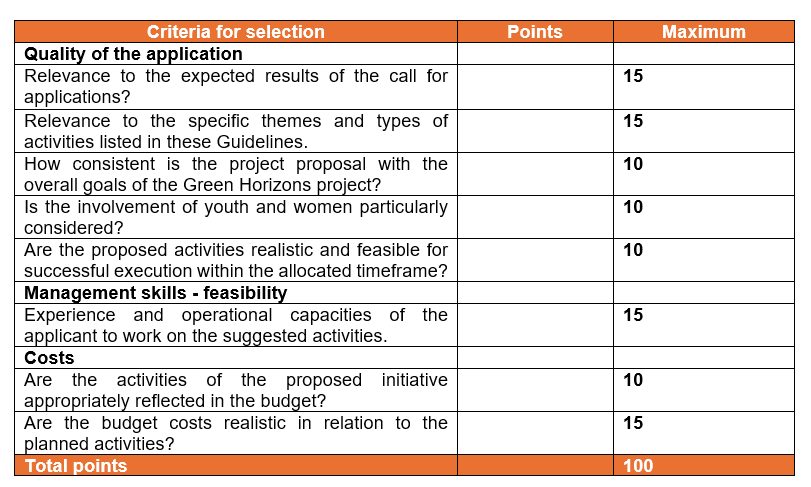
7. Evaluation, Short-Listing of Applications and Further Steps
The selection process will be done in two stages: shortlisting and final selection.
STEP 1 - Short-listing
Administrative evaluation of the proposed initiative – applications and the pre-selection of applications will be undertaken by the CARE team. The selection will be made based on the Administrative Check criteria. Results of the pre-selection process will be announced by email to the applicant’s mail addresses. All rejected applicants will be sent electronic feedback by e-mail no later than 7 days after the final decisions about the short-listed applications have been made. Unsuccessful applicants may complain within five calendar days from the day when the rejection email was sent.
The pre-selected applicants will be invited to attend mandatory training in a four-day capacity building program with the intention of fine-tuning their initial project proposal, upon which the final application will be solicited.
STEP 2 - Final selection
The final selection will be conducted by the Project Selection Committee, comprising CARE, EC Ma Ndryshe and Syri i Vizionit. The selection of the proposed initiatives for funding will be made based on the Quality Evaluation criteria. The results of the final selection process will be announced by email to the applicant’s mail addresses. All rejected applicants will be sent electronic feedback by e-mail within 7 days after the final decisions about the final selection of applications have been made. Unsuccessful applicants may complain within five calendar days from the day when the rejection email was sent.
Anticipated timeline for the award process:
8. Application Submission Procedures
Applications will be submitted through the project developed Application Form, in any of the following languages: Albanian, Serbian and English. The applicant cannot be a part of more than one application. The full application must be submitted electronically to the following email: [email protected] no later than 21 August 2025.
CSOs must submit the following documents:
- Application form (Annex 1)
- Budget form (Annex 2)
- Applying CSO registration certificate, issued by the Department for NGO; and UNI/Fiscal Number Certificate.
- Certificate proving that the applying CSO has no debt to TAK (not older than 3 months).
In cases when CSOs decides to nominate an activist/individual from informal activist groups for the capacity building training, it shall be required to submit the following supporting documents:
- CV.
- Letter of Motivation demonstrating the interest in the training (max. one page).
Applications that are incomplete or submitted after the deadline will not be considered. The information presented by applicants will be used strictly for the purpose of this call and will not be shared with other persons or institutions, except when either required by Kosovo law or requested by donors. Upon the submission of their application, the applicants will receive a Confirmation of Receipt with an application number.
Request for Clarifications/Further Information: Applicants may submit their requests for clarifications by 11 August 2025 at 12:00 (noon), via email to: [email protected]

